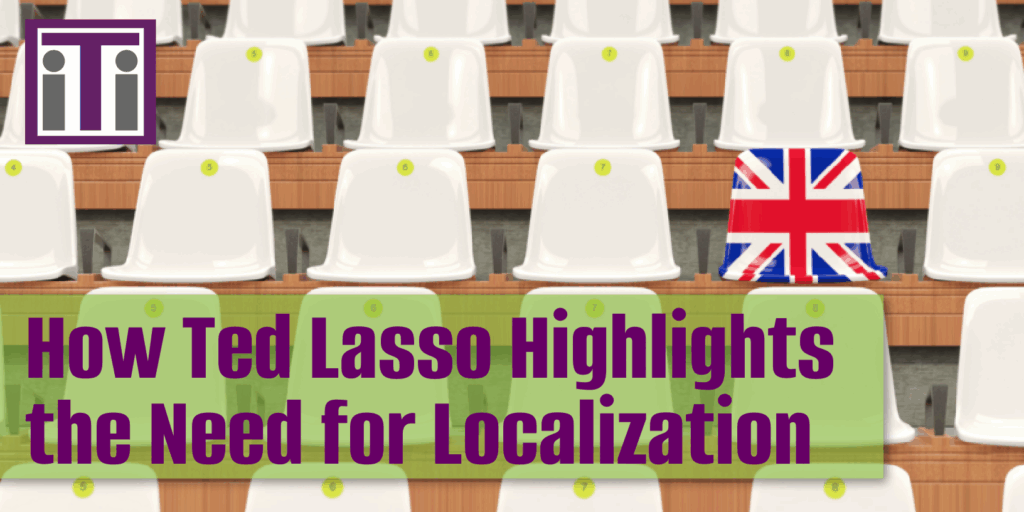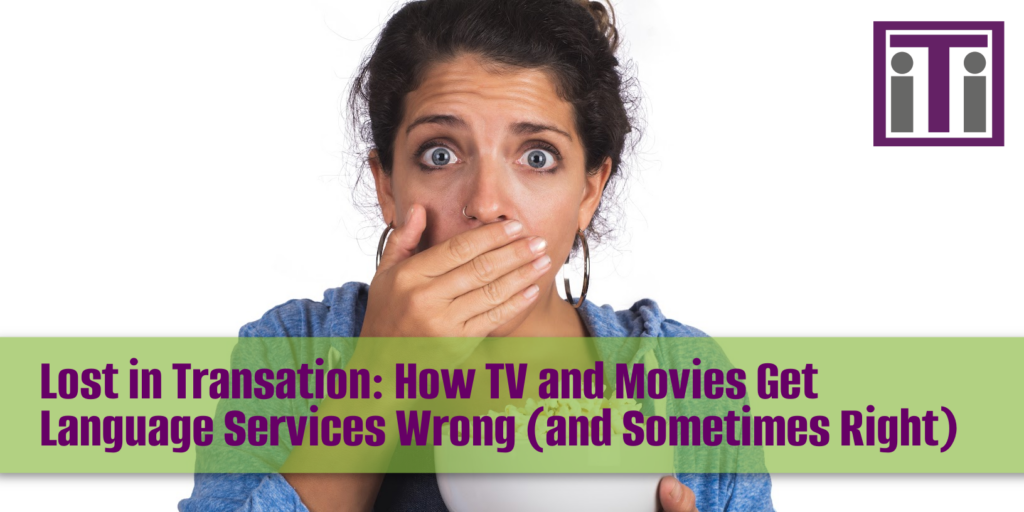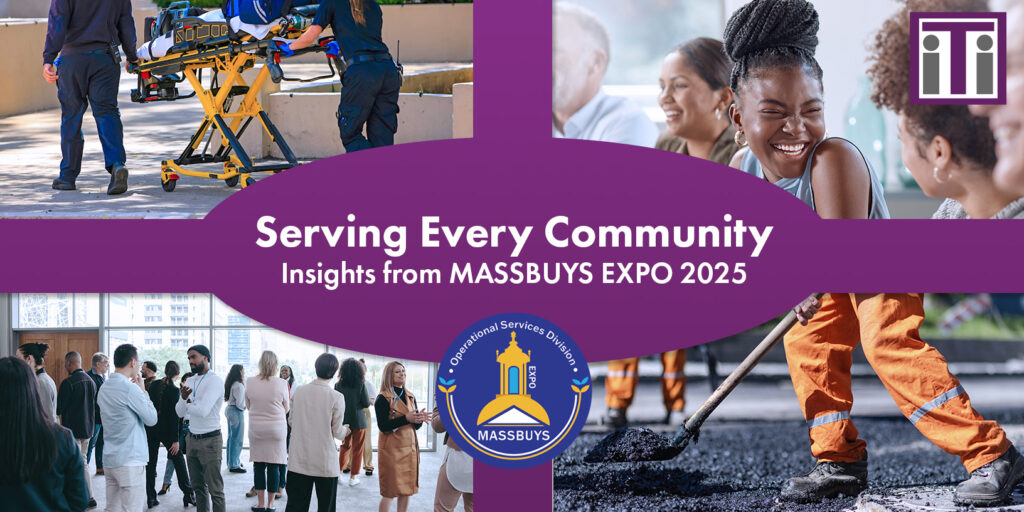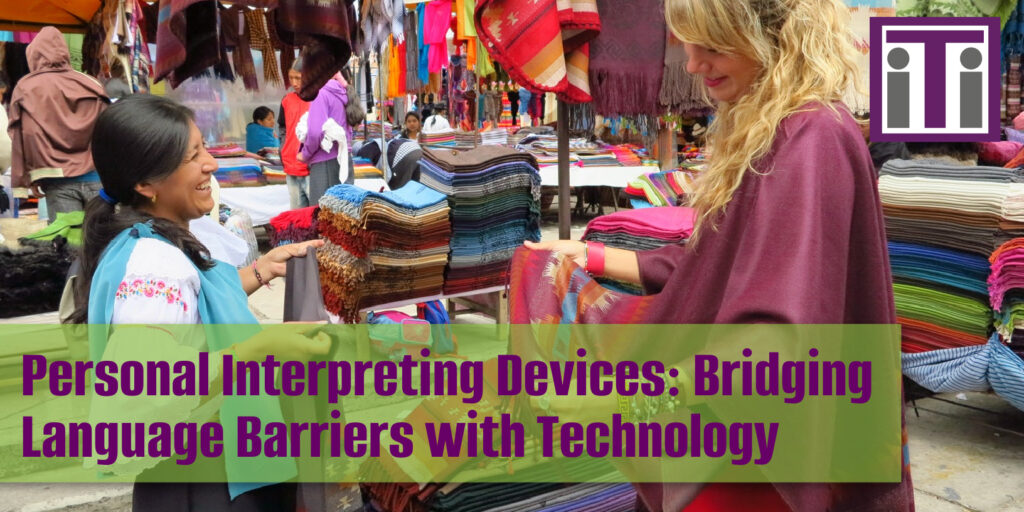Marketing Translation: How to Effectively Reach New Markets
Reading Time: ~7 mins

Marketing content is the backbone of your brand identity and strategy. It conveys your value proposition, your unique selling points, and your personality to your potential customers. But what happens when you want to expand your reach to new markets that speak different languages? How can you ensure accurate and appropriate translation of your marketing content for your target audience?
Translating marketing content is not a simple task. It requires more than just replacing words with their equivalents in another language.
It involves understanding the cultural context, the tone of voice, and the intended effect of your message. It also requires adapting your content to the preferences and expectations of your target market. This process is known as marketing translation or translation for marketing.
In this blog post, we will share some best practices and tips for translating marketing content effectively. We will cover the following topics:
- What is marketing translation and why is it important?
- How to identify your target audience and their needs.
- How to decide whether you need transcreation or translation.
- How to choose the right translation team for your project.
- How to provide reference materials and feedback to your translators.
What is Marketing Translation and Why is it Important?
Marketing translation is the process of adapting your marketing materials to a specific target market. This can include posts, websites, brochures, emails, or any content you use to promote your products or services.
Marketing translation is important because it helps you communicate effectively with your potential customers in their native language. It helps you gain trust, credibility, and brand recognition with your target market, increasing awareness.
However, marketing translation is not just about conveying the meaning of your message. It is also about preserving the style, tone, and emotion of your message. It is about creating a connection with your audience and persuading them to take action.
To achieve this, you need to consider the cultural nuances, the linguistic conventions, and the market trends of your target market. You need to tailor your content to suit their preferences and expectations. You need to make sure that your content is relevant, engaging, and appealing to them.
How to Identify Your Target Audience and Their Needs
 Before you start translating your marketing campaigns and other content, you need to have a clear idea of who your target audience is and what they need. You need to ask yourself the following questions:
Before you start translating your marketing campaigns and other content, you need to have a clear idea of who your target audience is and what they need. You need to ask yourself the following questions:
- Who are you trying to reach? What are their demographics, psychographics, and behaviors?
- What are their pain points, challenges, and goals?
- What are their values, beliefs, and attitudes?
- What are their interests, hobbies, and passions?
- How do they consume information and make decisions?
- What are their expectations and preferences for your products or services?
By answering these questions, you will be able to create a detailed buyer persona for your target market. A buyer persona is a semi-fictional representation of your ideal customer, based on real data and research. It helps you understand your audience better and create content that resonates with them.
How to Decide Whether You Need Transcreation or Translation (with Localization)
 Once you have identified your target audience and their needs, you need to decide whether you need transcreation or translation for your marketing content.
Once you have identified your target audience and their needs, you need to decide whether you need transcreation or translation for your marketing content.
Transcreation is the process of recreating your marketing content for a new market, while keeping the same intent, tone, and emotion of the original content. Transcreation goes beyond literal translation and involves creative writing, cultural adaptation, and market research. Transcreation is suitable for content that is highly creative, emotional, or persuasive, such as slogans, taglines, headlines, or advertisements.
Translation is the process of accurately converting your marketing content from one language to another, and localization is maintaining the tone of the original content. Translation is suitable for content that is more informative, factual, or technical, such as product descriptions, specifications, or instructions.
Depending on the type and purpose of your marketing content, you may need to use a combination of transcreation and translation to achieve the best results. For example, you may need to transcreate your headline and slogan, but translate your product features and benefits.
How to Choose the Right Translation Team for Your Project
The quality of your marketing translation depends largely on the quality of your translation team. You need to choose translators who are not only fluent in both the source and target languages, but also have the following qualifications:
- Subject matter expertise: Your translators should have a deep knowledge of your industry, your products or services, and your target market. They should be familiar with the terminology, the jargon, and the trends of your field in an international market.
- Native language skills: Your translators should be native speakers of the target language, or have a near-native level of proficiency. They should be able to write in a natural, idiomatic, and engaging way, without compromising the accuracy and consistency of your message.
- Creative writing skills: Your translators should be able to adapt your content to the style, tone, and voice of your brand. They should be able to convey the same emotion and effect of your original content, while avoiding literal or awkward translations. They should also be able to use idioms, metaphors, and cultural references that are appropriate and relevant for your target market.
- Experience and references: Your translators should have a proven track record of delivering high-quality marketing translations for similar projects. They should be able to provide you with samples of their previous work, as well as testimonials or reviews from their previous clients.
You can find the right translation team for your project by working with a reputable and professional translation company, such as iTi. iTi has a network of qualified and experienced professional marketing translators who specialize in translation for various industries and markets. iTi also has a rigorous quality assurance process that ensures the accuracy, consistency, and effectiveness of your marketing translation.
Providing Reference Materials and Feedback to Your Translators
To ensure the success of your marketing translation project, you need to provide your translation team with reference materials and feedback. Reference materials are any documents or resources that can help your translators understand your brand, your message, and your expectations. These could include:

- Your brand guidelines, such as your mission, vision, values, tone of voice, and style guide
- Your marketing strategy, such as your goals, objectives, target audience, and value proposition
- Your existing marketing materials, such as your website, brochures, social media posts, or emails
- Your glossary of terms, acronyms, or abbreviations that are specific to your industry or company
- Your translation memory, which is a database of your previous translations that can help your translators maintain consistency and avoid duplication. If one does not already exist, be sure to choose a translation partner who will create one for you!
Feedback is any information or suggestions that you give to your translators to help them improve their work. Feedback can be positive or negative, but it should always be constructive, specific, and timely. You can provide feedback to your translators by:
- Reviewing their translated content and highlighting any errors, inconsistencies, or areas of improvement
- Explaining the reasons behind your feedback and providing examples or alternatives
- Asking questions or clarifying any doubts or ambiguities
- Appreciating their efforts and acknowledging their achievements
By providing reference materials and feedback to your translators, you can help them deliver marketing translations that meet your standards and expectations. You can also build a long-term relationship with your translation team and foster trust and collaboration.
Choose iTi for Marketing Translation Services
If you are looking for a reliable, professional, and experienced translation company for your marketing translation services needs, look no further than iTi. iTi is a leading CT translation company that offers a wide range of multilingual solutions for domestic and global corporations in various industries. iTi has been providing quality translation services since 1986, and has earned a reputation for excellence and customer satisfaction.
| Talk to an Expert |
Interpreters and Translators, Inc. is a full service language solutions company based in Glastonbury, Connecticut. iTi is an NMSDC-certified minority owned business.





